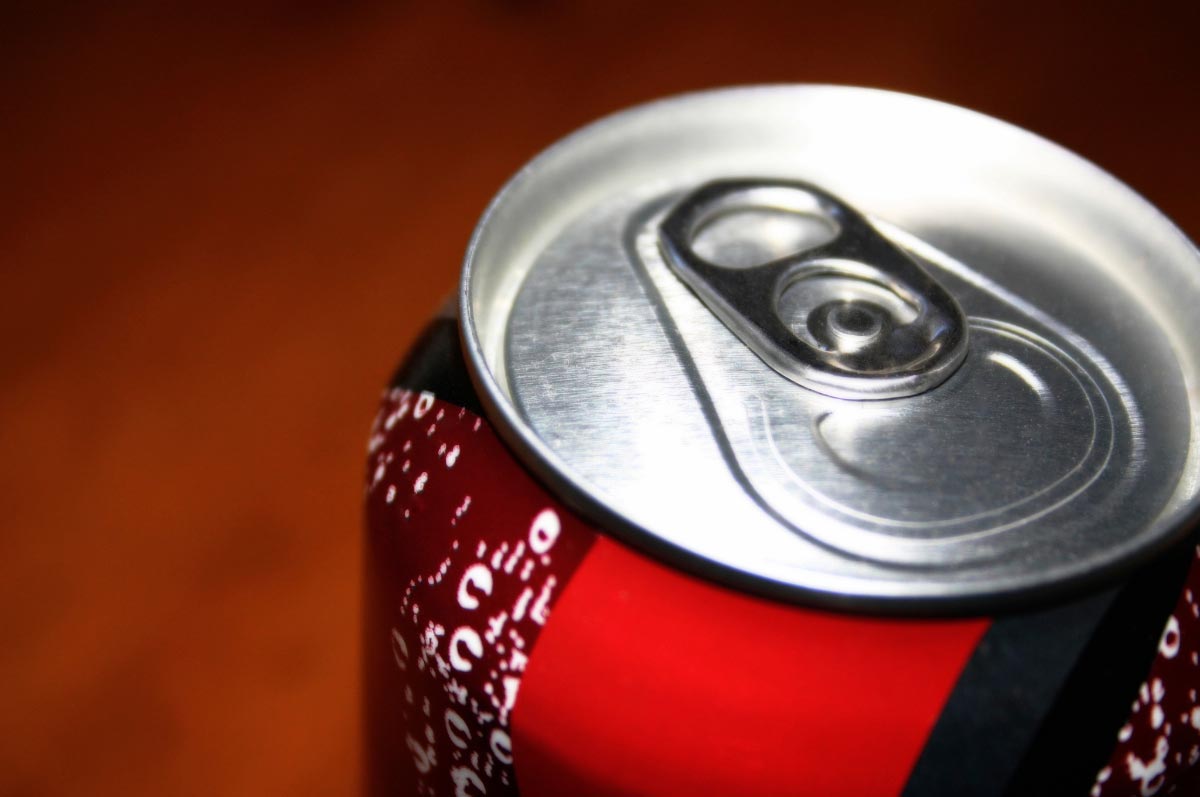Aspartame in diet soda linked to significant health issues, tumors
01/23/2017 / By Ethan Huff

They’re a popular mealtime beverage for millions of people who believe that by drinking them, they’re avoiding the pitfalls of sugar consumption. But diet soda pop is neither healthy nor safe, as research continues to show that its primary sweetening constituent in most cases, aspartame, is a damaging neurotoxin that can lead to a host of chronic health issues, including cancer.
The largest study of its kind ever conducted on aspartame was put together by researchers from the University of Iowa. They looked at 60,000 women who consumed aspartame-laden diet beverages over the course of 10 years and found that those who consume two or more diet drinks per day are significantly more prone than other women to develop cardiovascular disease — and to die from it.
The paper compared the health outcomes of women who consume diet beverages to those who don’t, observing that those who do are 30 percent more likely to suffer some kind of cardiovascular event such as a heart attack or stroke. Among those who suffer such a fate, those who consume aspartame are 50 percent more likely to die from it compared to non-diet beverage drinkers. (Related: Learn about other toxic ingredients at Ingredients.news)
Dr. Ankur Vyas, lead investigator of the study, noted that this is one of the largest studies ever to look at aspartame, and that the findings are “consistent with some previous data, especially those linking diet drinks to metabolic syndrome.”
“On average, women who consumed two or more diet drinks a day were younger, more likely to be smokers, and had a higher prevalence of diabetes, high blood pressure, and higher body mass index,” the paper explained.
The power of the elements: Discover Colloidal Silver Mouthwash with quality, natural ingredients like Sangre de Drago sap, black walnut hulls, menthol crystals and more. Zero artificial sweeteners, colors or alcohol. Learn more at the Health Ranger Store and help support this news site.
Aspartame, artificial sweeteners make people fat
It is hardly surprising, then, that diet soda sales have continued to plummet year after year as research such as this continues to emerge. Folks are waking up to the dangers of aspartame and switching to healthier alternatives like local honey and stevia extract. Not only is aspartame dangerous in these many ways, but it doesn’t even do the one thing that most people falsely believe it does — help them to lose weight.
There are a number of reasons for this, not the least of which include the fact that artificial sweeteners like aspartame do not activate the food rewards pathway in the brain that tells people that they’re full, and that it’s time to stop eating. Instead, diet soda consumers can chug can after can, and bottle after bottle, of their favorite chemical-laced soft drink and simply not stop.
Aspartame specifically has also been shown in studies to actually make people more hungry than if they simply consumed sugar. Since anything that tastes sweet enhances appetite, the hunger-promoting effects of aspartame end up leading people who consume it to also consume other foods — and lots of them!
There is also evidence to suggest that consuming aspartame increases fat storage in the body. Since phenylalanine and aspartate, the two chemical components of aspartame, interfere with insulin and leptin, both of which control how fat is handled by the body, their consumption actually causes people to pack on more pounds rather than shed them.
And then there’s the science suggesting that aspartame could increase the risk of brain tumors. A 1996 study published in the Journal of Neuropathology & Experimental Neurology identified a strong correlation between aspartame consumption and brain tumors in mice, leading the researchers of that study to conclude that “there is need for reassessing the carcinogenic potential of aspartame.”
Another web resource coming soon: Sweeteners.news, covering aspartame, stevia, Sucralose and more.
Sources:




















